James Earl Carter, Junior was the 39th President of the United States of America. He was born on October 1, 1924 in Plains, Georgia. He graduated from the US Naval Academy and served in the Navy for seven years. His career in politics began at the local level, and focused on environmental and social issues. Carter was 46 when he became Governor of Georgia. In 1976, he ran for president on the Democratic ticket and defeated incumbent Gerald Ford, a Republican. Carter’s term began on January 20, 1977.
He oversaw difficult years for the American economy. He tried to contain rising prices, but was powerless to curb the national rise in unemployment. To ease American dependence on Middle Eastern oil, Carter promoted the use of alternative energy sources. He had solar panels installed on the roof of the White House to set an example. Carter’s foreign policy aimed at easing international tensions. In 1977, he gave Panama control of the crucial canal the US had built there from 1907 to 1914. The following year, he mediated the Camp David Accords, which restored peace between Egypt and Israel after decades of conflict. In June 1979, the United States and the Soviet Union, both world superpowers at the time, signed a treaty to reduce the production of nuclear weapons. However, the agreement never took effect. Several months later, the Soviet Union invaded Afghanistan to help the socialist regime there stave off an offensive launched by Afghan nationalist guerrillas known as the Mujahideen.
America reacted harshly. Carter refused to ratify the agreement on nuclear weapons and decided not to send American athletes to the 1980 Olympic Games in Moscow. On November 4, 1979, Iranian revolutionaries kidnapped 52 American citizens from the US embassy in Tehran. The act came in retaliation for the American decision to grant asylum to former Iranian Shah Reza Pahlavi, who had been dethroned the previous year during the Iranian Revolution. On April 25, 1980, eight marines died in an attempt to free the hostages, and Carter took full responsibility for the failed mission. A few months later, he lost the presidential election to Republican Ronald Reagan. Negative economic trends and the Iran hostage crisis greatly influenced the vote. The hostages were released the same day Reagan took office at the White House. After the end of his term, Carter continued to do diplomatic work. Through his Carter Center, he has sought to uphold human rights, abolish the death penalty, and help generate economic and social growth in underdeveloped countries. In 2002, Carter received the Nobel Peace Prize for his efforts.
He oversaw difficult years for the American economy. He tried to contain rising prices, but was powerless to curb the national rise in unemployment. To ease American dependence on Middle Eastern oil, Carter promoted the use of alternative energy sources. He had solar panels installed on the roof of the White House to set an example. Carter’s foreign policy aimed at easing international tensions. In 1977, he gave Panama control of the crucial canal the US had built there from 1907 to 1914. The following year, he mediated the Camp David Accords, which restored peace between Egypt and Israel after decades of conflict. In June 1979, the United States and the Soviet Union, both world superpowers at the time, signed a treaty to reduce the production of nuclear weapons. However, the agreement never took effect. Several months later, the Soviet Union invaded Afghanistan to help the socialist regime there stave off an offensive launched by Afghan nationalist guerrillas known as the Mujahideen.
America reacted harshly. Carter refused to ratify the agreement on nuclear weapons and decided not to send American athletes to the 1980 Olympic Games in Moscow. On November 4, 1979, Iranian revolutionaries kidnapped 52 American citizens from the US embassy in Tehran. The act came in retaliation for the American decision to grant asylum to former Iranian Shah Reza Pahlavi, who had been dethroned the previous year during the Iranian Revolution. On April 25, 1980, eight marines died in an attempt to free the hostages, and Carter took full responsibility for the failed mission. A few months later, he lost the presidential election to Republican Ronald Reagan. Negative economic trends and the Iran hostage crisis greatly influenced the vote. The hostages were released the same day Reagan took office at the White House. After the end of his term, Carter continued to do diplomatic work. Through his Carter Center, he has sought to uphold human rights, abolish the death penalty, and help generate economic and social growth in underdeveloped countries. In 2002, Carter received the Nobel Peace Prize for his efforts.
RELATED
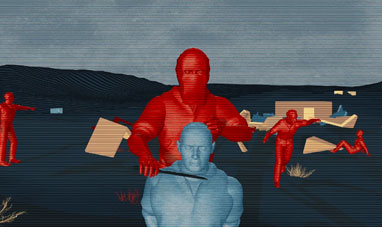

INTELLIGENCE OCTOBER 2014
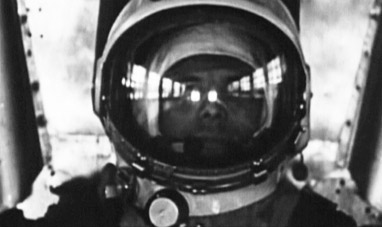

YURI GAGARIN
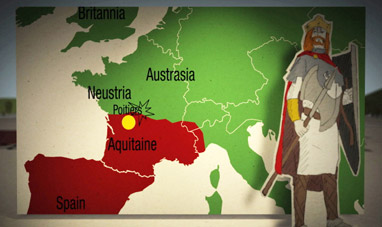

CHARLES MARTEL
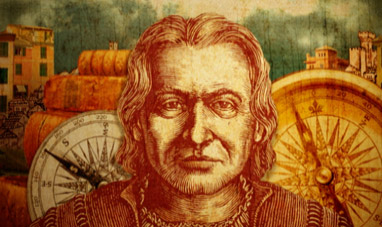

COLUMBUS, CHRISTOPHER
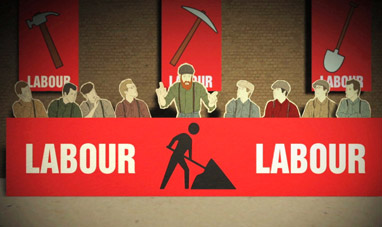

JAMES KEIR HARDIE
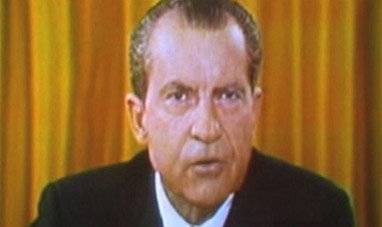

RICHARD NIXON
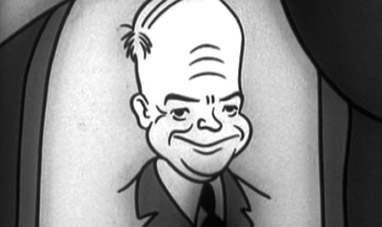

DWIGHT EISENHOWER
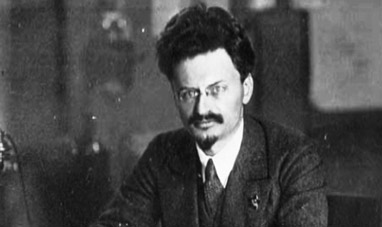

TROTSKY
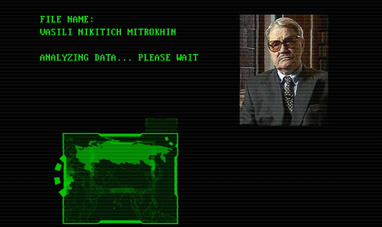

VASILI NIKITICH MITROKHIN
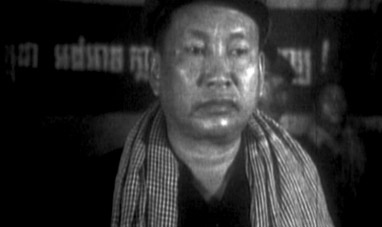

POL POT
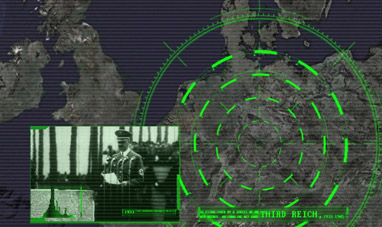

RICHARD SORGE
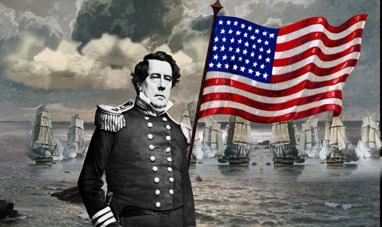

MATTHEW C. PERRY
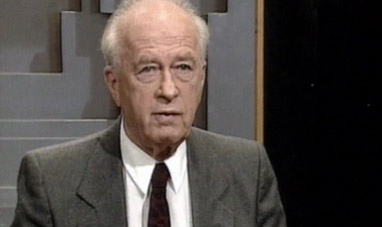

YITZHAK RABIN
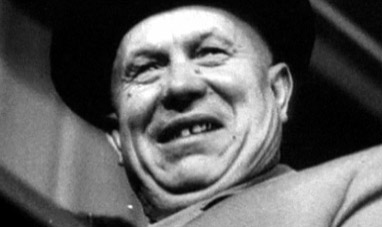

NIKITA KHRUSHCHEV
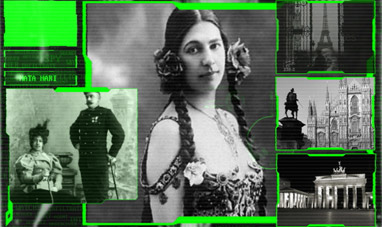

MATA HARI
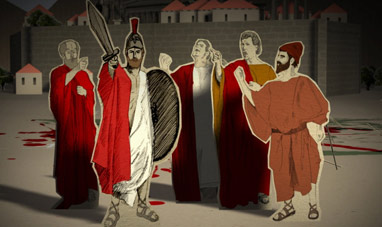

PERICLES
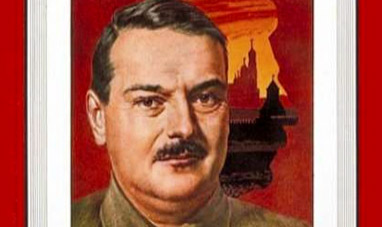

ANDREI ZHDANOV


THE COUNT-DUKE OF OLIVARES
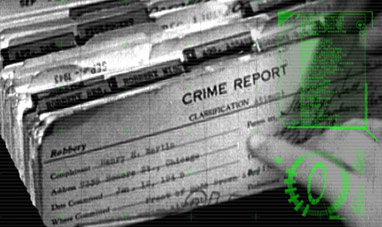

KIM PHILBY
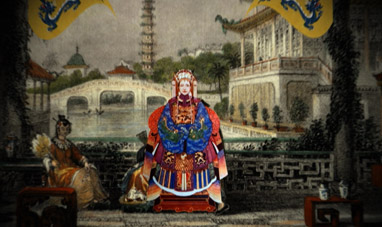

CIXI, DOWAGER EMPRESS OF CHINA
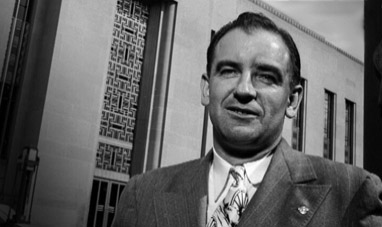

JOSEPH MCCARTHY
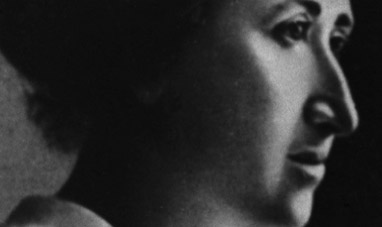

ROSA LUXEMBURG
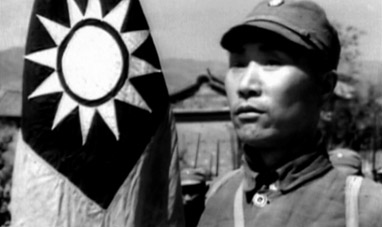

THE TAIWAN ISSUE
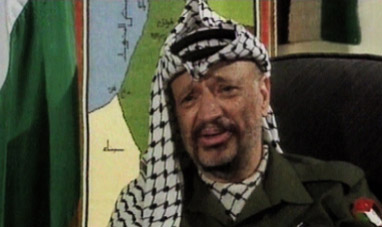

YASSER ARAFAT
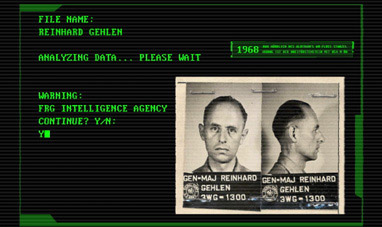

REINHARD GEHLEN
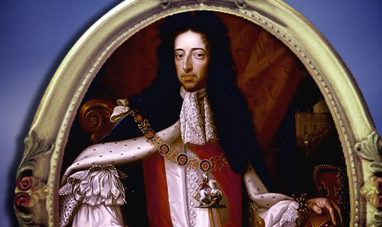

WILLIAM III, OF ORANGE


CECIL RHODES
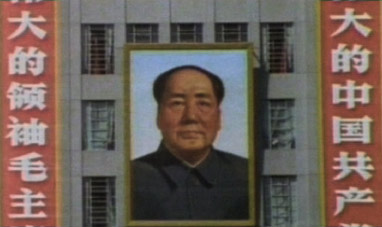

MAO ZEDONG
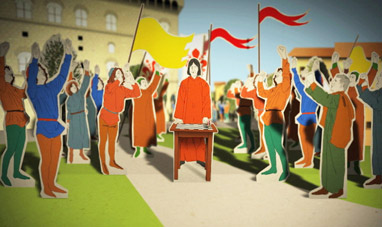

LORENZO DE' MEDICI
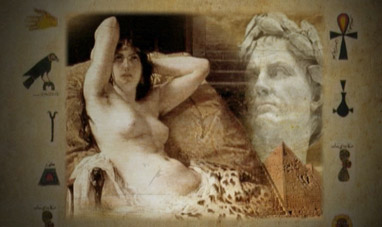

CLEOPATRA
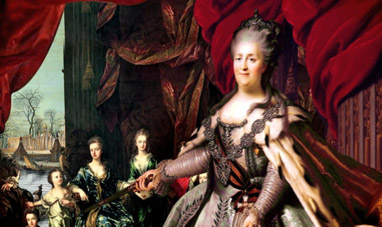

CATHERINE THE GREAT
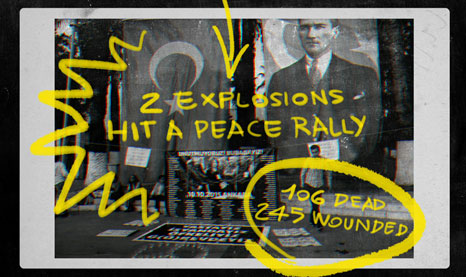

INTELLIGENCE OCTOBER 2015
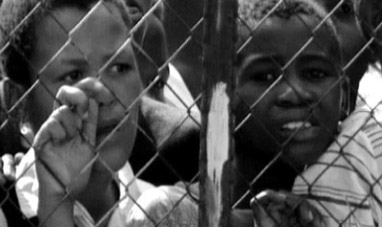

APARTHEID
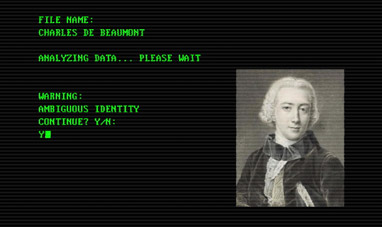

CHARLES DE BEAUMONT, CHEVALIER D'EON
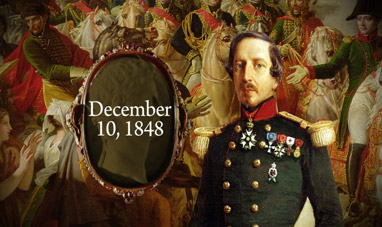

NAPOLEON III
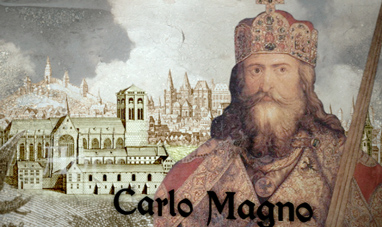

CHARLEMAGNE
